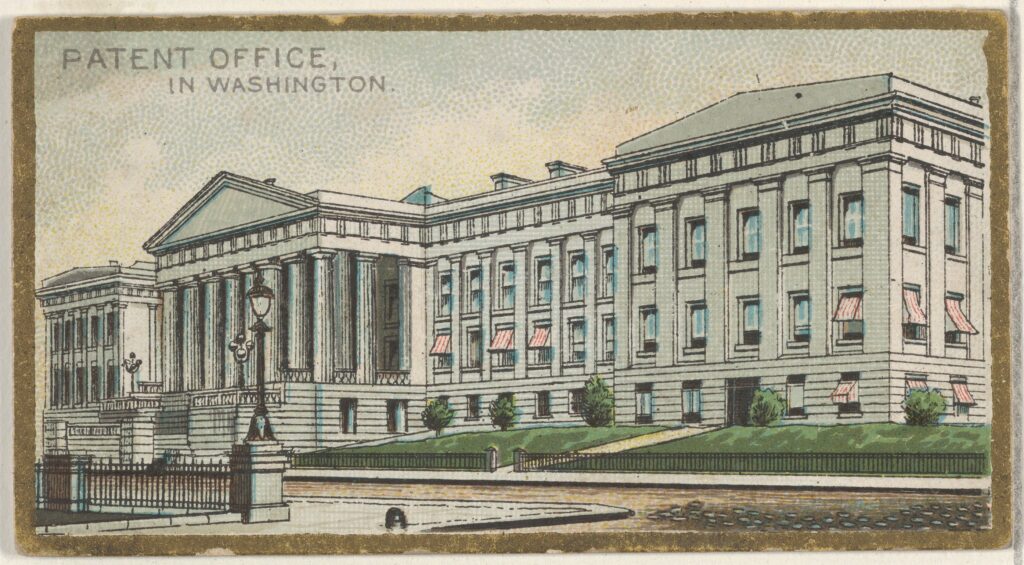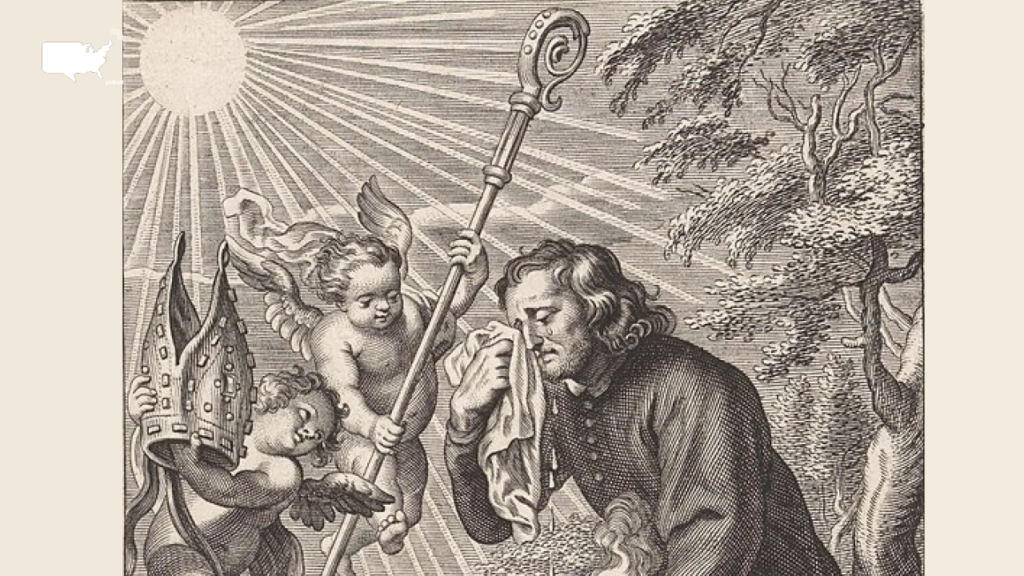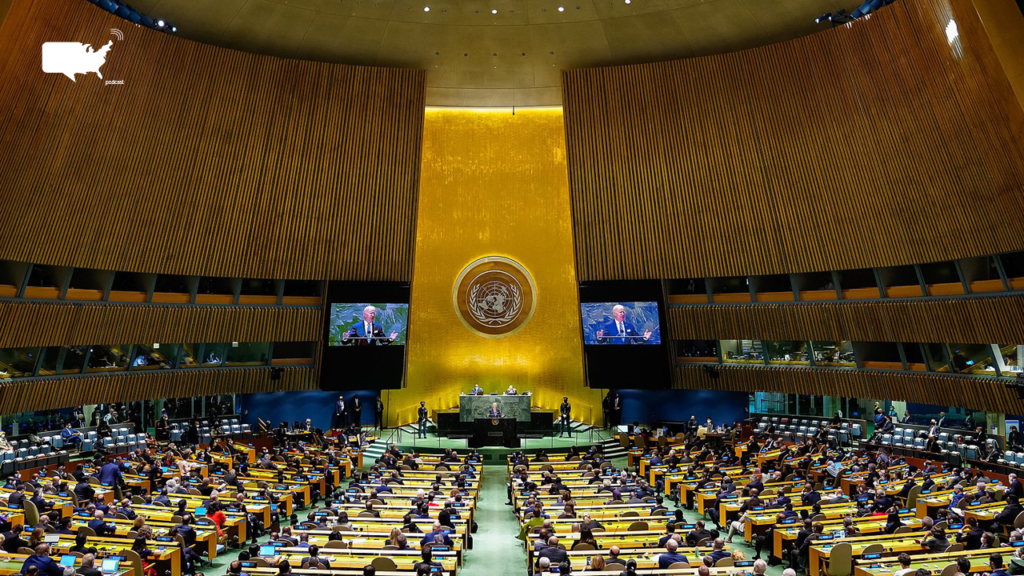A conversation with Yascha Mounk, a professor of the practice of international affairs at Johns Hopkins University, about his new book, “The Identity Trap: A Story of Ideas and Power in Our Time” (Penguin Random House). The Identity Trap covers the push for social justice and newfound cultural identity in the West from a new […]
Philip Pettit – The State
A conversation with Philip Pettit, a Laurance S. Rockefeller University Professor in the University Center for Human Values at Princeton University, on his new book “The State” (Princeton UP, 2023). Pettit has published several important works within the world of moral and political philosophy such as “On the People’s Terms: A Republican Theory and Model of […]
Apocalypse without God: Author Interview with Ben Jones
Ben Jones is the Assistant Director of the Rock Ethics Institute and Associate Research Professor of Philosophy at Penn State University. On this episode of Political Theory Review, Jones discusses his new Cambridge University Press book, Apocalypse without God: Apocalyptic Thought, Ideal Politics, and the Limits of Utopian Hope. The book argues that “we can gain […]
Pride, Politics, and Humility in Augustine’s City of God: Author Interview with Mary M. Keys
Mary M. Keys is Associate Professor of Political Theory and Constitutional Studies at the University of Notre Dame. On this episode of Political Theory Review, Keys joins to discuss her new Cambridge University Press book, Pride, Politics, and Humility in Augustine’s ‘City of God.’ Listen with the link below as Keys dives deep into Augustine’s arguments […]
On the Concept of Power: Author Interview with Guido Parietti
Guido Parietti is Asst. Prof. of Political Theory and Constitutional Democracy at James Madison College within Michigan State University. He joins the Political Theory Review Podcast to discuss his new Oxford University Press book, On the Concept of Power: Possibility, Necessity, Politics. Listen to take a closer look at the definitions of power and why, Parietti […]






